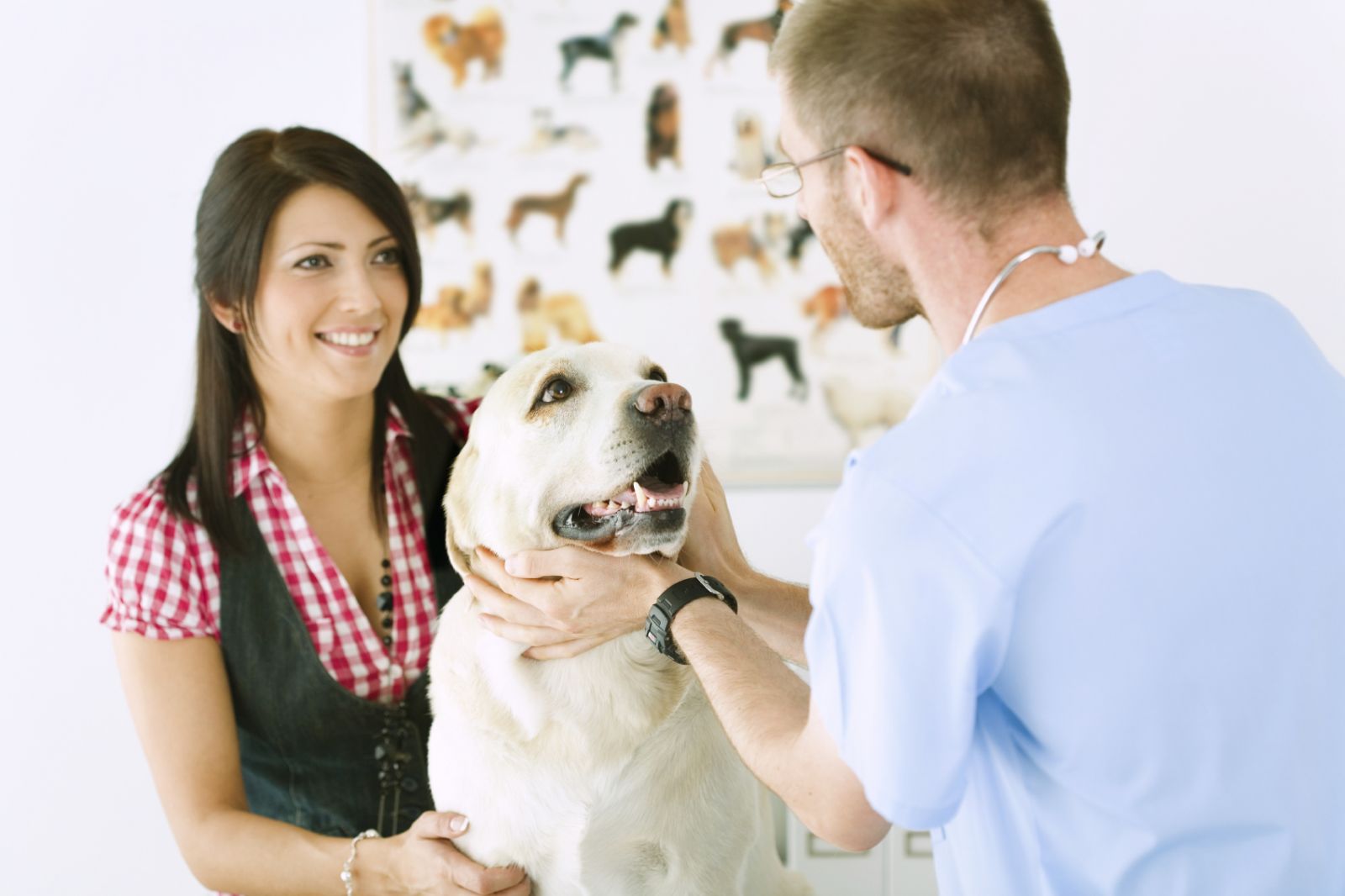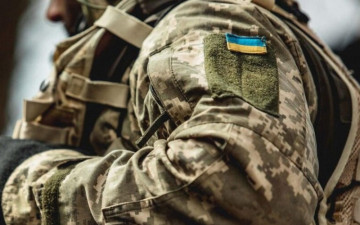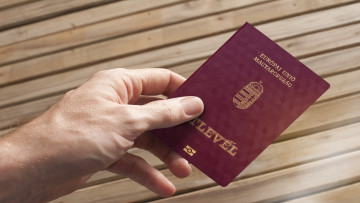I am studying in the third year of the State University of Economics and Technology.I specialize in contractual, economic and corporate law, in particular, I provide consultations and write articles.
Licensing of veterinary practice is an important stage for ensuring the quality and safety of veterinary services. A license is evidence that the veterinarian meets the established standards and has the appropriate qualifications, which increases the confidence of customers. Licensing allows control and supervision of veterinary practice, which helps to identify and eliminate problems in the early stages. In general, veterinary practice licensing is an important tool for ensuring the safety and quality of veterinary services, protecting the health of animals and people, as well as maintaining high standards of professional activity.
Organizational requirements for veterinary practice:
Organizational requirements for veterinary practice licensing are critical to ensuring high standards of veterinary service quality and safety. Here is a more detailed explanation of each point:
- Material and technical base: The licensee must ensure the availability of administrative premises that meet the requirements for veterinary practice. This includes the availability of appropriate offices, laboratories, animal reception areas, etc. Necessary equipment and resources for performing veterinary services, including specialized types of work, must be provided. This may include diagnostic equipment, surgical instruments, laboratory equipment and other facilities.
- The licensee must have on staff veterinarians and specialists of the appropriate level of qualification that meets the requirements for veterinary practice.
- The licensee must ensure the availability of all necessary regulatory and legal acts and technical documentation regulating veterinary practice, as well as documents for record keeping and reporting.
Question
Are there requirements for the treatment of animals?
Answer
It is necessary to provide high-quality treatment to animals in compliance with all safety standards when using veterinary drugs. Taking measures to prevent the transmission of diseases through goods, animal care products and related facilities. In case of suspicion of acute infectious diseases, the veterinarian must take measures and notify the relevant state inspector. Providing recommendations on restricting the movement of animals and goods in case of detection or suspicion of infectious diseases.
These organizational requirements ensure the appropriate level of provision of veterinary services, protection of animal and human health, as well as maintenance of high standards in veterinary practice.
Technological conditions of licensing:
- Veterinary medicine clinics are important for providing complex and specialized veterinary care, which includes complex diagnostic and treatment procedures. They can also provide inpatient treatment for animals that require constant medical supervision.
- Veterinary clinics play an important role in providing basic medical care and prevention in a more accessible format. They usually provide regular monitoring of animal health and may carry out routine examinations and vaccinations.
- Veterinary medicine points provide access to veterinary services in remote or rural areas where there are no clinics or dispensaries. They provide basic medical care directly on the spot, which is critical for large farms or in conditions of limited access to medical services.
Question
Does the real estate in which the veterinary practice is conducted matter?
Answer
Veterinary medicine clinics are usually located in separate buildings that are not part of the housing stock. Outpatient clinics and primary care centers can be located in built-in or attached isolated rooms on the first floor of residential or commercial buildings. It is important that these premises have a separate independent exit, which provides unhindered access for animal owners and the possibility of prompt functioning of the facility.
Personnel conditions of licensing
- Persons who are directly engaged in the provision of veterinary services must have an appropriate education at the educational and qualification level, such as a junior specialist, bachelor or master in the specialty "Veterinary Medicine". The education must be confirmed by a document on education, which indicates the completion of the relevant study program in higher education educational institution.
- In order to carry out economic activity in veterinary practice, an individual entrepreneur must have the education of a specialist in veterinary medicine. This means that the person must have a specialist diploma in veterinary medicine, which confirms his qualifications.
- A legal entity that conducts veterinary practice must have veterinary medicine specialists in its composition. This requires the presence of qualified veterinarians who have appropriate education and can perform professional duties.
- Specialists in veterinary medicine must undergo advanced training at least once every five years. This helps to keep their knowledge and skills relevant in the conditions of development of veterinary science and technology. After passing advanced training courses, specialists receive a certificate of advanced training issued by the relevant educational institution.
The licensee must have job instructions for veterinary medicine specialists, which are directly related to the conduct of business activities in veterinary practice.
The procedure for obtaining a license:
- The procedure for obtaining a license for veterinary practice in Ukraine includes several key stages:
- Preparation of documents. Submit an application to the licensing authority. Provide diplomas and qualifications of veterinary medicine specialists. Confirm the right of ownership or lease of the administrative premises and material and technical base. Provide certificates of advanced training (for specialists, if there are requirements). The licensing authority is the State Service of Ukraine for Food Safety and Consumer Protection.
- Verification of documents. The licensing authority checks the submitted documents for compliance with the requirements of legislation and regulations.
- Inspection. It is possible to check the premises and the material and technical base for compliance with the requirements.
- Final decision. The licensing authority makes a decision to grant or refuse a license, after which it issues the corresponding document.
Lawyer services when obtaining a license:
The help of a lawyer in obtaining a license for veterinary practice can significantly facilitate the process and ensure its successful completion. Here are the main types of legal services:
Licensing of veterinary practice is an important aspect of regulation of this field of activity to ensure high standards of animal care and protection of public health. The lawyer help in obtaining a license for veterinary practice can significantly facilitate the process and ensure its successful completion.
Contact the CONSULTANT legal marketplace - we are always there to help you solve any legal problem. Leave your number and get legal help right now. Do not waste your time, our lawyers are already waiting for your call!




































